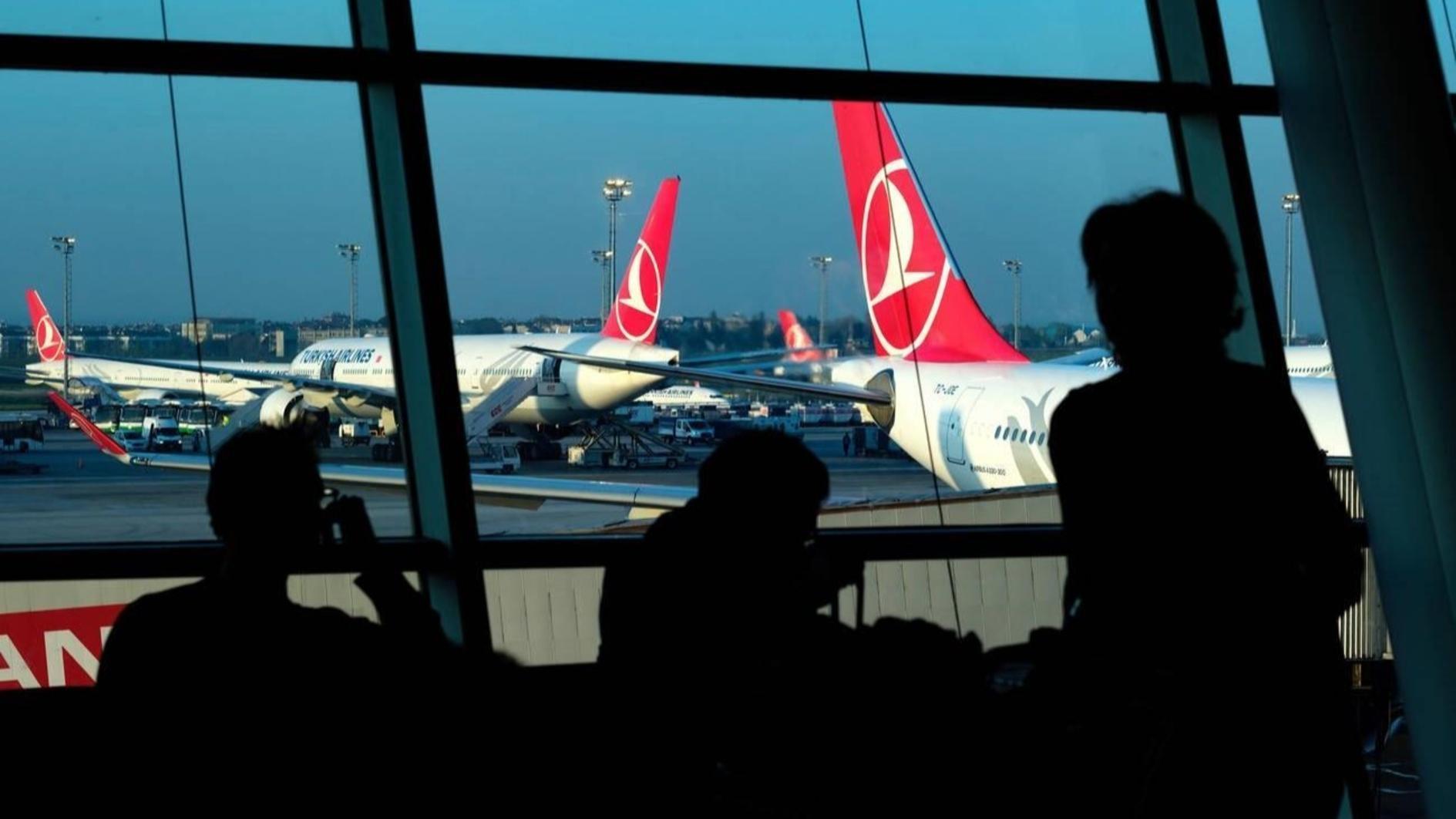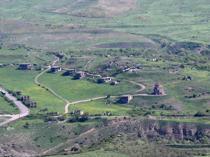Syria rebels said to receive missiles via Turkey
WASHINGTON - Reuters

Syrian rebels pose for a picture on top of a government tank captured two days earlier at a checkpoint in the village of Anadan, about five kilometers northwest of Aleppo.
Rebels fighting to depose Syrian president Bashar al-Assad have for the first time acquired a small supply of surface-to-air missiles, according to a news report that a Western official did not dispute.NBC News reported July 31 night that the rebel Free Syrian Army had obtained nearly two dozen of the weapons, which were delivered to them via neighboring Turkey, whose ‘moderate Islamist government has been demanding Assad’s departure with increasing vehemence’.
Indications are that the U.S. government, which has said it opposes arming the rebels, is not responsible for the delivery of the missiles.
But some U.S. government sources have been saying for weeks that Arab governments seeking to oust Assad, including Saudi Arabia and Qatar, have been pressing for such missiles, also known as MANPADs, for man-portable air-defense systems, to be supplied to the rebels.
In recent days, air operations against the rebels by Syrian government forces appear to have been stepped up, particularly around the contested city of Aleppo, making the rebels’ need for MANPADs more urgent.
Precisely what kind of MANPADs have been delivered to Syrian rebels is unclear and NBC News didn’t provide details. Such weapons range from the primitive to highly sophisticate.
And even if the rebels do have the weapons, it is unclear whether they have the training to operate them effectively against Assad’s air forces in the immediate future.
Some conservative U.S. lawmakers, such as Republican Senators John McCain and Lindsey Graham, have criticized the administration of President Barack Obama for moving too slowly to assist the rebels and have suggested the U.S. government become directly involved in arming Assad’s opponents.
The White House, at least until now, has taken a considerably more cautious approach.
As of last month, U.S. officials warned that if any Middle Eastern nation was “even considering giving arms to the Syrian opposition,” it ought to “take a measured approach and think twice about providing arms that could have unintended consequences.”
Nonetheless, even at that time, U.S. and allied officials acknowledged that officials of Saudi Arabia and Qatar were discussing whether surface-to-air missiles might help Syrian rebels bring down Russian-made helicopters and other aircraft the Syrian army was using to move troops between trouble spots.
Following the fall of Libyan leader Muammar Gaddafi, some intelligence experts estimated that as many as 10,000-15,000 MANPADs sets were looted from Libyan government stockpiles. The whereabouts of most of these are unknown.
Many U.S. officials have been wary of the notion of arming Syrian rebels with MANPADs, noting that they could be easily turned on targets other than the Syrian government, including civilian airliners.
Recent intelligence and news reporting has suggested a growing number of militants, including some affiliated with al Qaeda, have traveled to Syria to try to join anti-Assad forces. U.S. officials have said, however, that they do not believe the militants yet play a dominant role in the Syrian opposition.
















